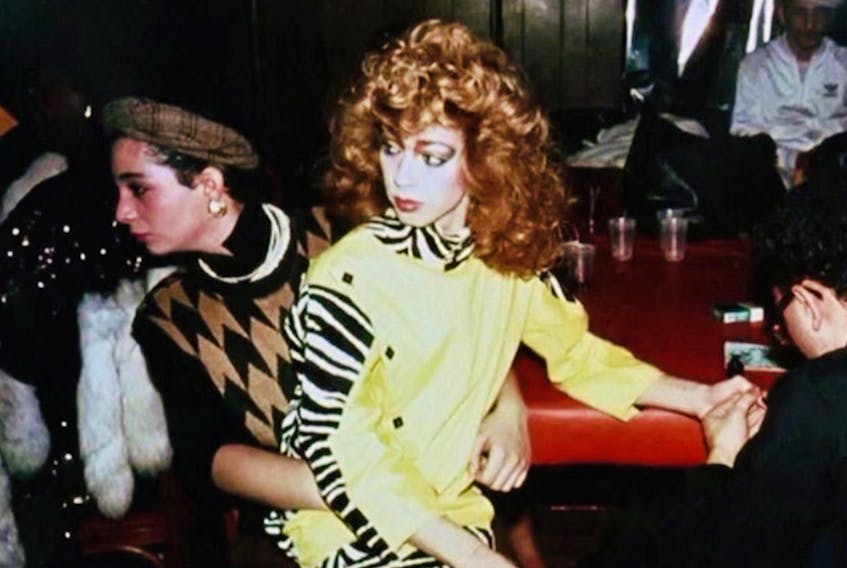It’s almost impossible to review Paris Is Burning, because it’s an artifact of its time, not ours. Released in 1990 – it premiered at the Toronto Festival of Festivals, which became the Toronto International Film Festival – it was shot over several years in New York, documenting gay-culture movements so new that terms like “voguing” needed to be splashed on the screen and then explained by someone in the film.
In the almost 30 years since, much has changed – legal protection, social acceptance, cultural awareness, even legalized marriage. And so much has not – legal protection, social acceptance, cultural awareness, even legalized marriage. But this snapshot from director Jennie Livingston – currently working as a consulting producer on TV’s Pose , a drama set in that same place and time – captures a world in flux that a new, looking-back doc could not.
The opening scenes are from 1987, but even by 1989, “godfather of voguing” Willi Ninja can remark that things in the world of Harlem ballroom drag aren’t what they used to be. “I really do miss the street element,” he says. “But everything changes. New York isn’t even the same any more.”
The dancers and drag queens in Paris Is Burning are making it up as they go – throwing shade, dance-fighting, trying to pass. “The idea of realness is to look as much as possible like your straight counterpart,” says one interview subject. Whether that’s looking like a real woman or a real man, “it’s really a case of going back into the closet.” All while Eurythmics plays on the soundtrack, not as some throwback but as modern music.
Not everyone is on board. “I come from the old school of big costumes, feathers and beads,” says another. “And they don’t have that any more. Now it’s all about designers, and it’s not about what you can create; it’s about what you can acquire. If you have on a label it means you have wealth – which it doesn’t really because any shoplifter can get a label.”
The film ends on a sombre note, with news that one of the transgender subjects has been found murdered. But we also hear this bit of philosophy: “Everyone wants to leave something behind them, some impression, some mark upon the world. Then you think: You’ve left a mark on the world if you just get through it, and a few people remember your name.” The speaker died in 1993; her name was Dorian Corey.
Copyright Postmedia Network Inc., 2019
The remastered film coming to this year's Toronto International Film Festival









